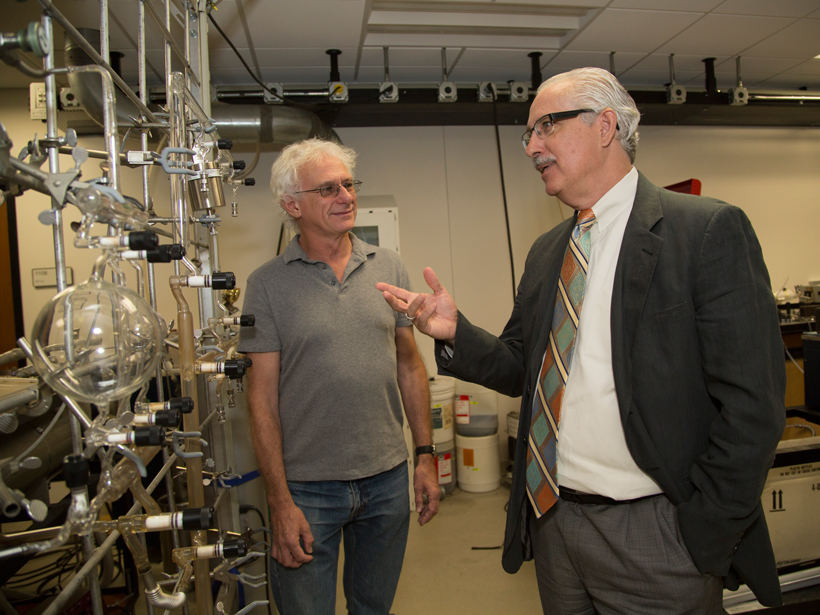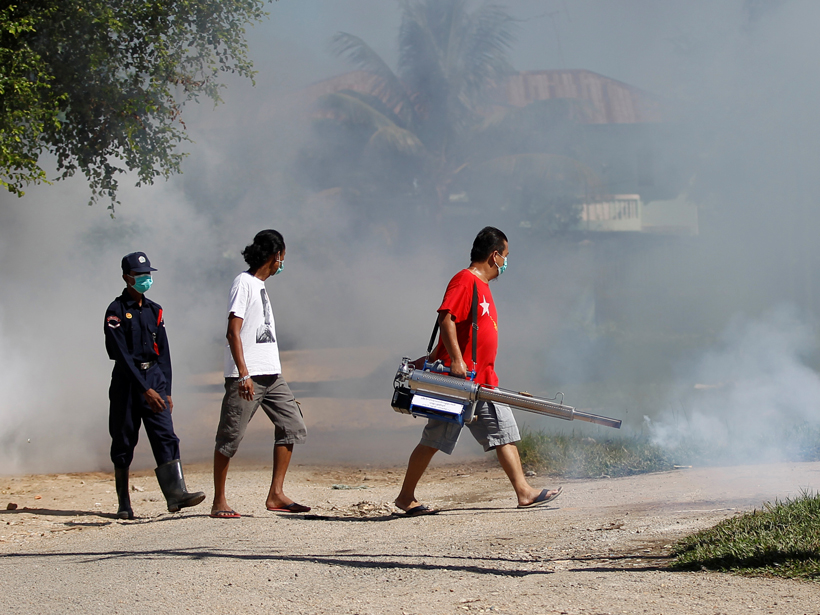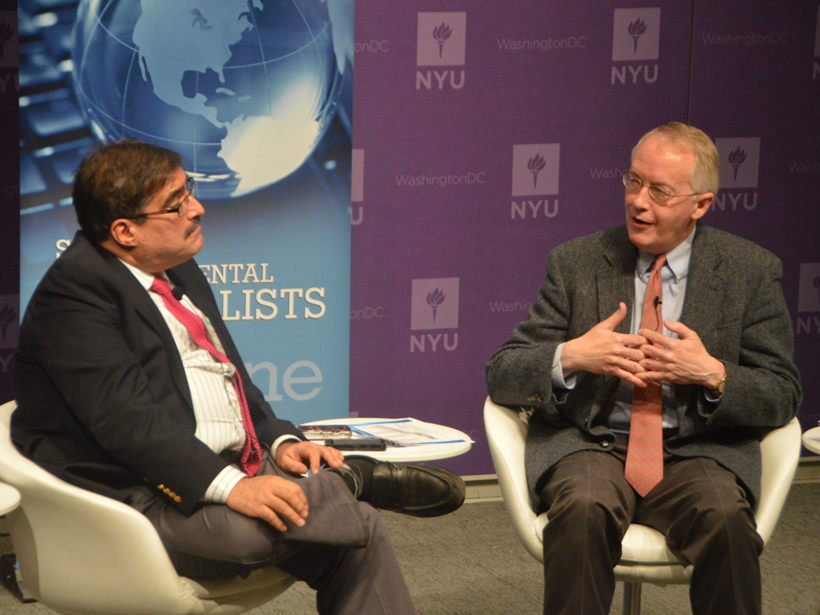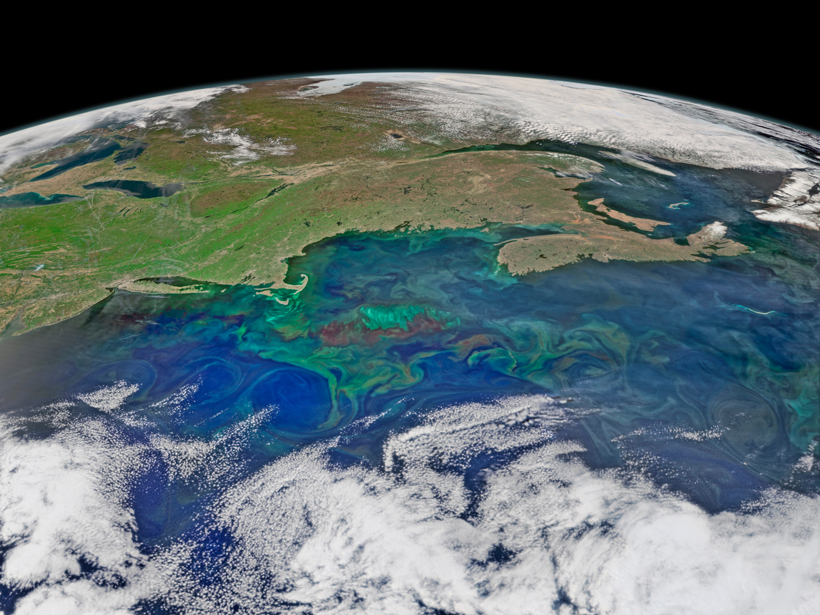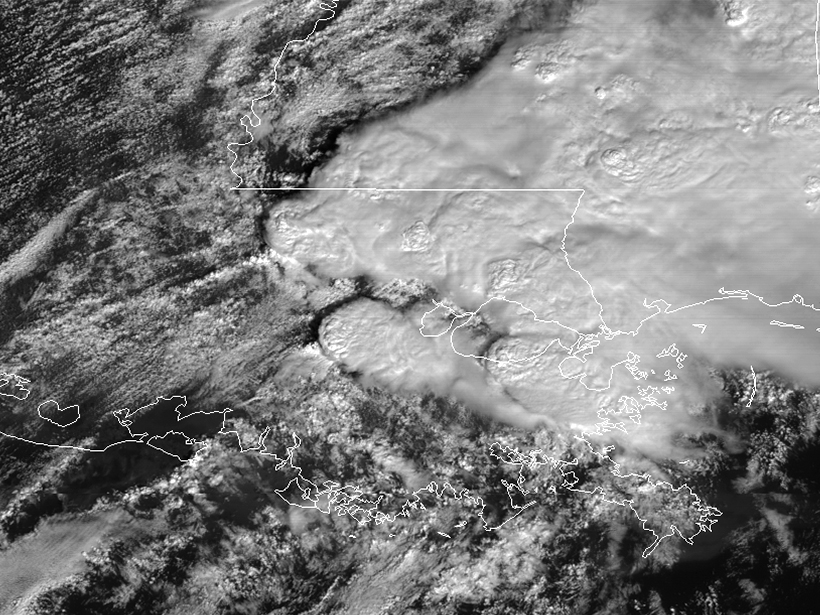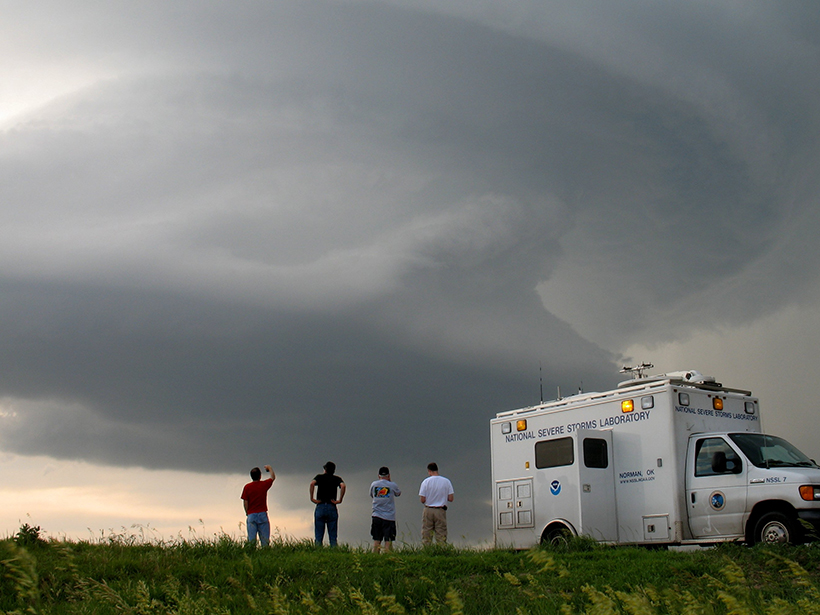Between now and the 22 April event, AGU will share further information about march-related resources and communications.
Climate Change
New UCAR Leader Sees Scientific, Administrative Challenges Ahead
Antonio Busalacchi, president of the University Corporation for Atmospheric Research, tells Eos about a grand challenge in atmospheric research and other priorities.
Revived Climate Change Forum Focuses on Threats to Human Health
Public health and environmental organizations brought together by former vice president Al Gore held a pared-down meeting to replace a canceled one.
Climate Rules on Chopping Block, Says Trump EPA Transition Head
Myron Ebell, whose transition role has ended, denied that President Donald Trump's agency appointees or nominees are antiscience. They're "willing to find out the best science," he said.
How Climate Change Affects the Flow of Carbon from Land to Sea
Changes in precipitation and runoff in New England may be driving more dissolved organic carbon into the Gulf of Maine.
NOAA Video Shows Satellite Views of Louisiana Tornadoes
Real-time updates of storms will help forecasters track and predict where the most damage could occur.
EPA Comes Under the Gun in Congressional Hearing
The hearing also examined a complaint that a former NOAA scientist manipulated data in a high-profile global warming paper.
Good Night Sunshine: Geoengineering Solutions to Climate Change?
In order to limit global warming to Paris Agreement goal levels, climate engineering should be considered as a viable solution.
Initiative Aims to Help Cut Losses from Extreme Weather Events
A new alliance aims to integrate social and behavioral science into meteorological research and practice to help build resilience to natural disasters.
ExxonMobil Adds Climate Expert to Its Board
The company has been criticized for its stance on climate change and initially opposed a shareholder proposal to include a climate expert on its board of directors.


